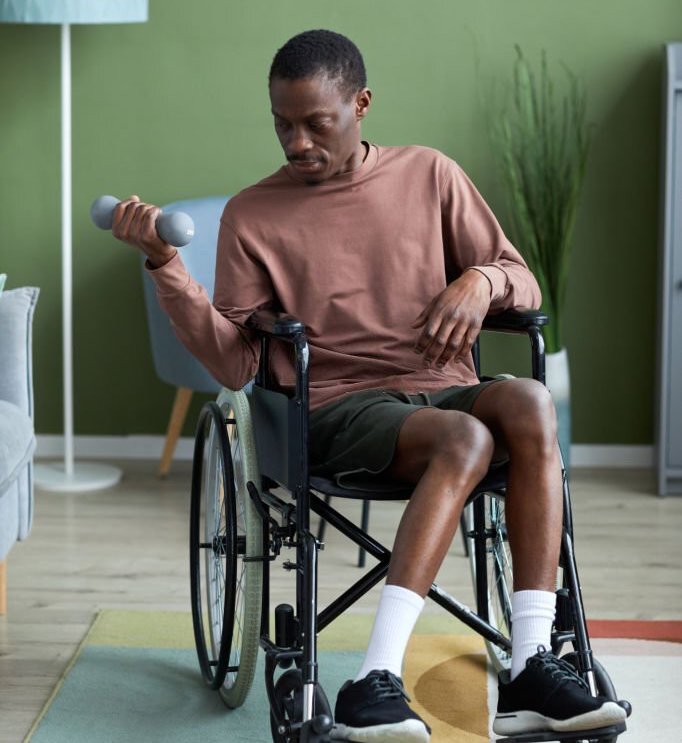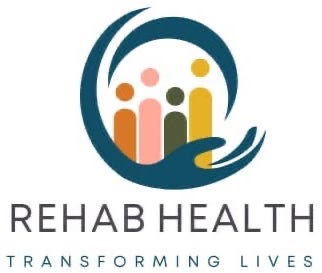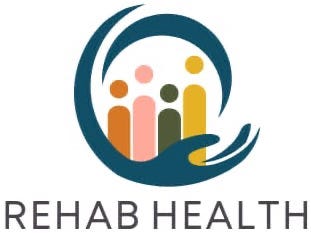The demand for Rehabilitation Services in Tanzania is witnessing a significant surge, driven by a rising prevalence of chronic and non-communicable diseases, along with a considerable number of individuals grappling with the aftermath of injuries and developmental disabilities. Moreover, as healthcare interventions become more widely accessible to a broader population in Tanzania, the imperative for rehabilitation services to enhance their effectiveness and impact has grown substantially.
However, the current state of rehabilitation services faces significant challenges, particularly in terms of availability, quality, access and awareness. The demand for rehabilitation services far outstrips its current availability, impeding its efficacy and utilization. A major contributing factor is the limited number of rehabilitation centers, professionals, as well as constraints in capacity and funding.
Globally, the demand for rehabilitation is increasing, with around 2.4 billion people requiring rehabilitation for various health conditions, as highlighted by the World Health Organization (WHO, 2022). This need is even more pressing in countries like Tanzania, where the burden of non- communicable diseases (NCDs) is rising. While many focus on preventing mortality, Rehab Health recognizes the importance of addressing morbidity and the impact of living with NCDs. Our approach focuses on enhancing functioning and improving quality of life across different health conditions, such as cancer, cardiovascular issues, and chronic respiratory conditions.


